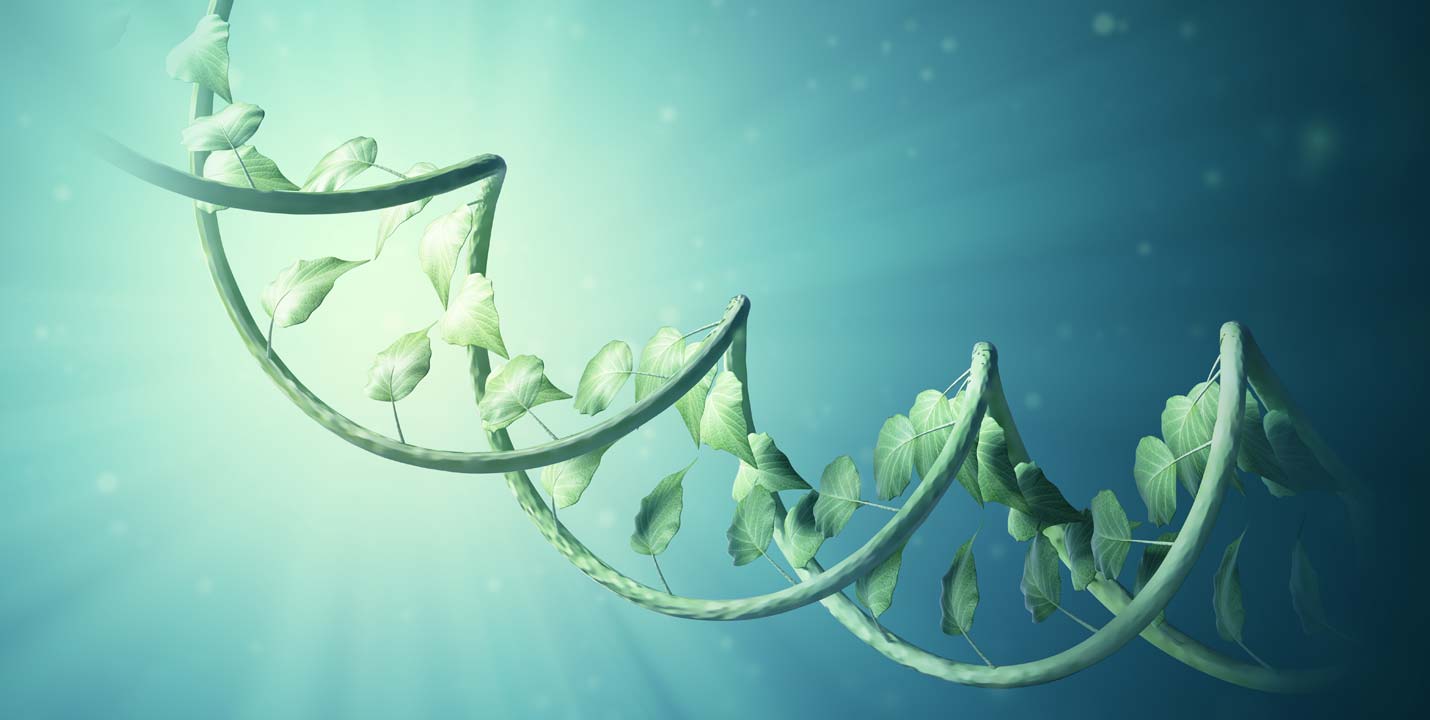

NATURE VS NURTURE: IS IT ABOUT HOW WELL WE LOOK AFTER OUR SKIN, OR IS IT DOWN TO OUR GENETIC INHERITANCE?
For centuries, people have drawn the line between Nature vs Nurture. In the nineteenth century, the English polymath Francis Galton cast nature-versus-nurture in scientific terms. He envisioned a battle between heredity and experience that shapes each of us.
Is your skin’s ageing profile handed down in your genes like curly hair, blue eyes, nose shape, height…or is it a product of how we live, where we live, how we eat and how we take care of ourselves in the modern world.
The truth is, it’s not as clear cut as some others make it out to be.
It’s well known that darker skin types offer more protection from the harmful effects of sunlight, and therefore age-related changes such as wrinkles can occur at a slower rate in these lucky individuals. Naturally, genetic predictors like this play a part in how our skin behaves but it’s not the full story
What we do know, through extensive clinical studies and ever developing and deepening understanding of our biology; is that cellular health, vitality and skin structural integrity can be directly affected by our environment and lifestyle choices, the way we look after ourselves can start to take its toll as early as our 30’s!
Skin ageing is attributed to several factors that can be divided into 2 dominant groups:
1. The passage of time (otherwise known as intrinsic or biological ageing)
2. Environmental (otherwise known as extrinsic ageing)
Intrinsic Ageing (The ticking clock)
Cellular Junk
This form of ageing, like Thanos, is inevitable…. Largely. Mitochondria, the little cellular power stations for your cells, produce an energy source called ATP (adenosine triphosphate), which is the energy for all functions of the body.
Without these little powerhouses, complex life could not exist, it really is that simple. Mitochondria convert the energy we consume as food into ATP. The only slight issue is that this process creates free radicals and as we explain in our previous blog post, free radicals aren’t kind to your skin.
The difficulty is our bodies are increasingly overloaded with free radicals (from poor lifestyle choices and environmental toxins). Without proper protection, we weaken our cells’ ability to convert energy and we start to see the effects of this depletion on our skin health and vitality.
Inflamm-ageing
Inflammation is the emergency reaction of the cells to rush to a site of trauma and isolate, protect and repair. This can be triggered by a sudden trauma to the skin (burn etc) or chronic, low grade, longer term and continual assault on the skin.
This process of continual stimulation within the protective reactors in the skin, ultimately releases enzymes called MMPs (Matrix Metallo Proteinases), they break down tissue – injured tissue, the very tissue that gives our skin strength, structure and resilience…among them collagen and elastin fibres causing wrinkles and sagging skin.
Extrinsic Ageing (Environmental)
UV Exposure
Sun exposure is responsible for most of the visible ageing of your skin—far more than all other factors combined. Remember that bit about free radicals we mentioned a bit earlier? UV rays generate so many free radicals, the body’s natural defences are overwhelmed – a phenomenon known as oxidative stress – which causes free radical damage at the cellular level.
This will then cause the injured cells to release a cascade of neurotransmitters to signal for your immune system to rush in to the site of trauma, causing inflammation ageing, that sunburn you got lying on that beach? That’s inflamm-ageing and cellular damage from free radicals & DNA damage.
Beer or Wine?
Regardless which camp you are in, drinking is ageing you much more than you realize – and far more than is mentioned elsewhere. Ethanol, the alcohol in drinks, is a simple molecule that easily absorbs into your bloodstream and once in, gets transported to every part of your body – including your skin. Alcohol doesn’t just work to age your skin in one way. Through numerous pathways, your skin is prematurely aged.
Alcohol dehydrates your body generally, including the skin – your body’s largest organ. This happens every time you drink. Drinking too much is also thought to deprive the skin of vital vitamins and nutrients, specifically, alcohol can have a huge negative impact on your vitamin A level, which is a very important antioxidant for your skin/body, and it is vital in the regeneration of new cells.
When alcohol is metabolized, it works as a vasodilator in that it widens the blood vessels that bring blood to the face causing inflammation. Everyone knows the sun is the number-one ager for the skin, but most people don’t realize that the second major cause of skin aging is inflammation — any way we can avoid inflammation will be better for your skin.
Inflammation is not the only way alcohol harms your skin (and body) though. When alcohol is metabolized by the liver to try and get rid of the toxin, it is metabolized into acetaldehyde, a highly toxic substance & known carcinogen which produces free radicals on its own, having the double whammy of increased risk of skin cancer (and others) while causing inflamm-ageing.
But Acetaldehyde isn’t the only carcinogenic by-product. In the process of trying to get rid of alcohol from your body, Reactive Oxygen Species (ROS) are also created. Similar to free radicals, these are highly reactive, causing a cascade of cellular damage through inflamm-ageing and DNA damage.
Pollution
Similar to smoking, pollution enters directly into your bloodstream through your lungs. That blood is supplied to every organ in your body – including your skin. That pollution, yep, you’ve guessed it by now, produces free radicals (amongst others) which damage your skin. We won’t go into the nitty gritty parts, as we’ve covered it already.
So what’s the answer…nature or nurture? Does our family define the way we age and how our skin will behave? Well in truth, the most preventable factors for premature ageing reside in environmental influences and our lifestyle habits. You can’t stop time, but you can slow it down and biology does not need to entirely define your destiny if you nurture as nature intended.
Don’t Look for a Miracle
There isn’t one single miracle, exotic antioxidant with a great story (seaweed from the coast of Norway or some rare flower from the Amazon) that works the best for your skin. Instead, there are hundreds if not thousands of effective antioxidants for skin, ranging from familiar ones, to names you may not be familiar.
What counts is that the product you use contains a variety of these—and the more the better. Research has shown skin does better with a cocktail of effective antioxidants than just one. Tackle excess free radicals from the inside & out and you can make a real difference to skin health as well as the health of the rest of your body, for skin health that lasts day after day.
Your skin is your largest organ, so it is important to take care of it. Antioxidants protect skin by countering free radicals, which damage skin cells. Antioxidants in skin care products can do a lot for the health and appearance of your skin, including reducing the signs of aging. From calming inflamed skin to tightening and toning, antioxidants offer great benefits for your skin.
The science in skincare is our ongoing series helping consumers better understand the science in skincare. We translate the science into a format that is much easier to read, bust the myths and give you a clear, transparent and honest assessment so you can make an informed choice of what goes onto your skin.
Be the first to hear about our new articles by signing up to our email newsletters or by following us on Facebook or Twitter
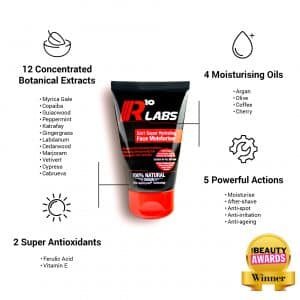
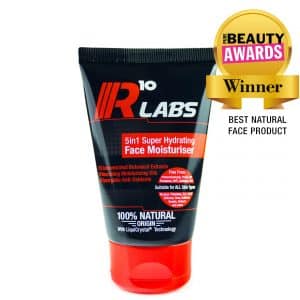
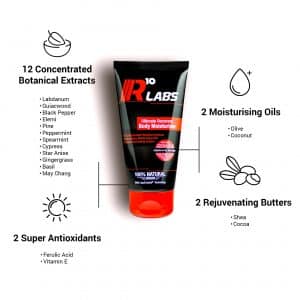
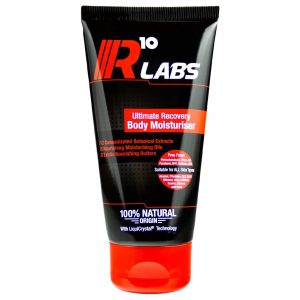
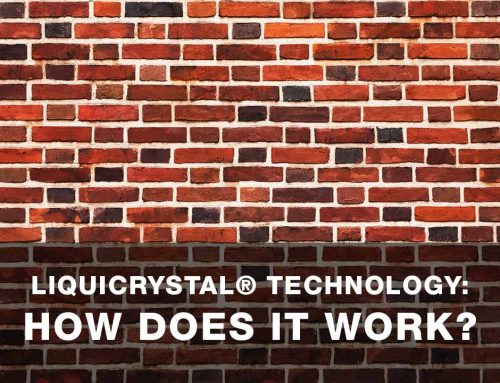
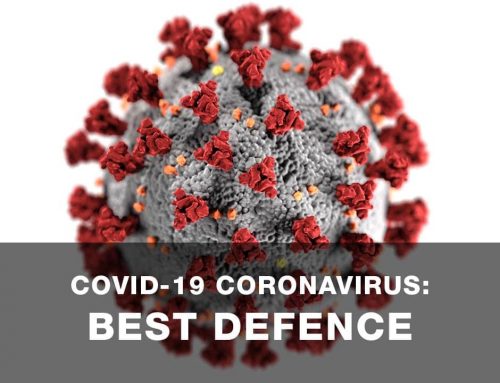
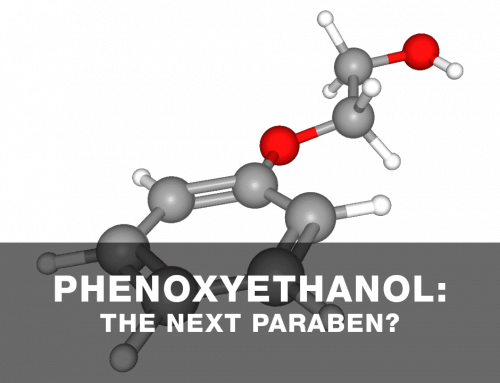
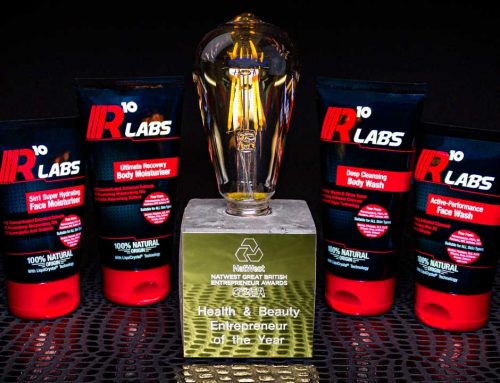
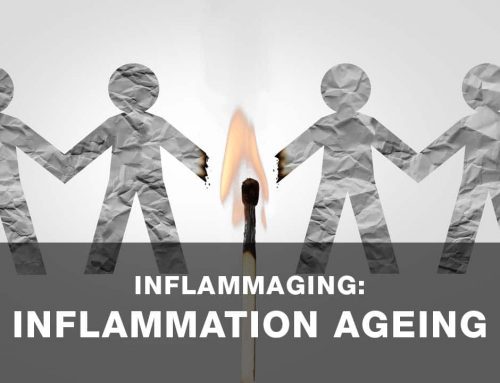
Leave A Comment